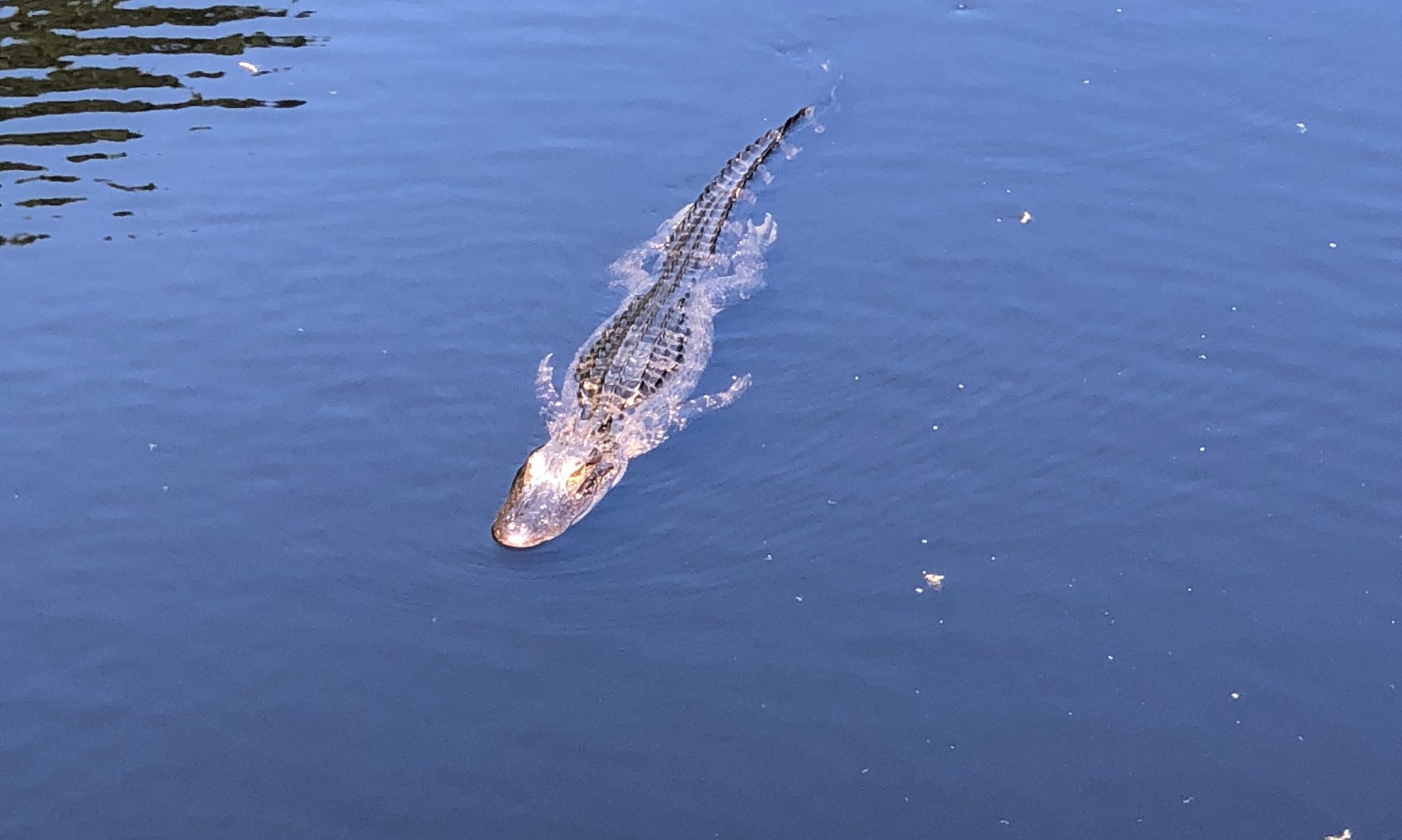Last year when I attended the 2018 American College of Surgeons Leadership & Advocacy Summit, I made plans to attend in 2019 as it is such a high yield meeting. I arrived on Friday for the General Surgery Coding and Reimbursement Committee meeting which took place Friday afternoon and Saturday morning. The didactic leadership component kicked off on Sunday.
The meeting kicked off with a panel session by surgeons who are working in the C-Suite (the location where the CMO, CEO, CFO work). The session included Dr. Michael Zinner who discussed the gradual advancement of his career leading up to the C-Suite similar to graduated levels of responsibility in surgical residency. Second, Dr. Douglas Slakey discussed how it is important to know how you want to be defined. Do you want to be a surgeon or an administrator? He also noted it is important to have a vision and find ways to motivate teams to get there.
The third panelist was Dr. Carlos Pellegrini (a past-president of the ACS) who discussed how important character is in getting offered leadership positions and advocated for pragmatic optimism. People do not want a complainer leading them but want someone who is grateful. Finally, Dr. Julie Freischlag discussed how surgeons make decisions in the C-Suite. Surgeons tend to make quick decisions, but patience is important.
As a group they noted how important this meeting is for learning leadership skills.
Some important themes:
- You have to be able to lead teams and keep people on the same page
- When you reach leadership roles you have to empower people and delegate.
- You have to be flexible and know when things are not working.
This was followed by an excellent panel discussion by Mr. Gary Peck who is the executive coach for Dr. Patricia Turner of the ACS. He noted how important it is to have engaged employees. Engaged employees lead to satisfaction, loyalty and ultimately growth. In addition, it is important to have situational leadership because every situation is different. Finally, he noted that a study shows positivity leads to superior productivity, more resilience, less burnout and less turnover.
Dr. Thomas Mason, CMO of the Office of the National Coordinator of the National Coordinator for Health Information Technology gave the next presentation. He reviewed the landmark health legislation of the last 10 years which led to our current electronic health record. He notes their focus is currently on interoperability and decreasing burdens of physicians. This is so important. In 2019, we are a profession with robots and lasers and we rely on CD-ROMs, faxes, and a stack of paperwork to see patients.
We then moved into Chapter success stories where we heard from three chapters.
- Dr. Paula Ferrada and how they engaged young physicians in Virginia
- Dr. Jason Weinberger who discussed how they developed an ABSITE course in Delaware.
- Dr. Bradford Barrett who discussed how they used Stop The Bleed and are well into legislation on the matter in Indiana. The Stop the Bleed program is designed to help bystandards help in the case where someone has suffered a life threatening bleeding event.
During our breakout sessions we met as Florida Chapters and were able to discuss how the Florida Chapter could increase advocacy and educational efforts between the chapters and to engage surgeons in the state of Florida.
After coming back together, Dr. Dana Telem spoke about Mentorship and how Mentorship should be bidirectional and help you build skills. The University of Michigan has done a lot of work on this issue and are having a Mentorship Course this summer. She provided some great slides on Mentorship from the work done in the area and are worth reviewing when available on the FACS webpage.
Dr. James Elsey who is Vice-Chair of the Board of Regents gave a presentation on leadership and how surgeons need to be involved in healthcare policy and leadership. He noted that people follow your why and not your what. People care about what you believe in and this is the catalyst for change.
We then moved on to Dr. Fernando Lamounier who presented on negotiating. He notes we are always negotiating and as the father of a four year old, I can tell you I negotiate constantly with him. I’ve mentioned previously he would make a good lawyer, so I’ve learned a lot about negotiating with him. Dr. Lamounier notes the biggest worries about negotiating are a lack of confidence, worry about looking bad, and difficulty determining self worth. He provided an excellent overview of contracts and negotiating.
The last presentation was by the Executive Director of the ACS, Dr. David Hoyt. He provided updates on the College and where it is going. In particular he noted the College is trying to stay true to the motto, To Serve All with Skill and Fidelity. The college is doing a lot of great work to represent all of its members. “A surgeon’s leadership is essential because a surgeon’s perspective is essential.”
This was another great meeting. This is one of the highest yield meetings in terms of education and networking. Kudos again to Dr. Turner and the American College of Surgeons for putting on such a great meeting. One of my goals for the day was to make sure I met Dr. Turner and I succeeded!



